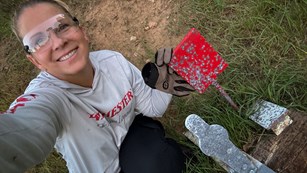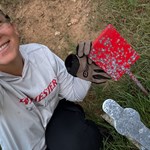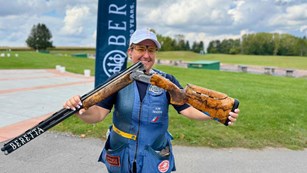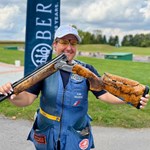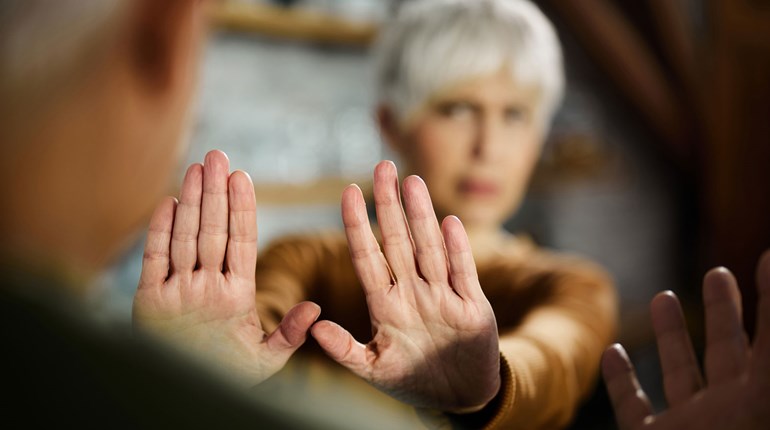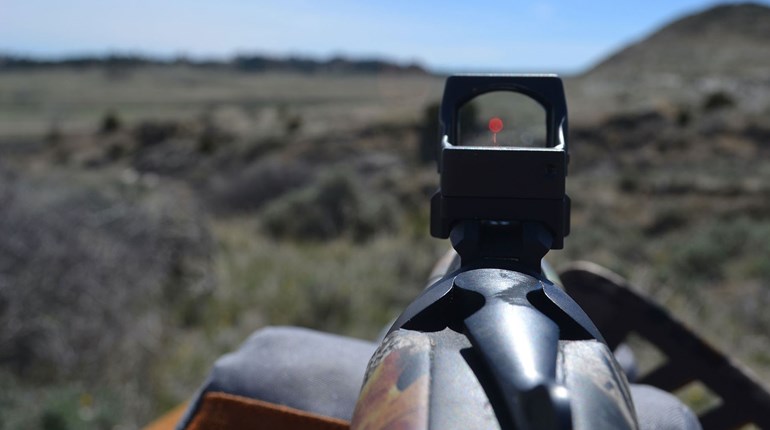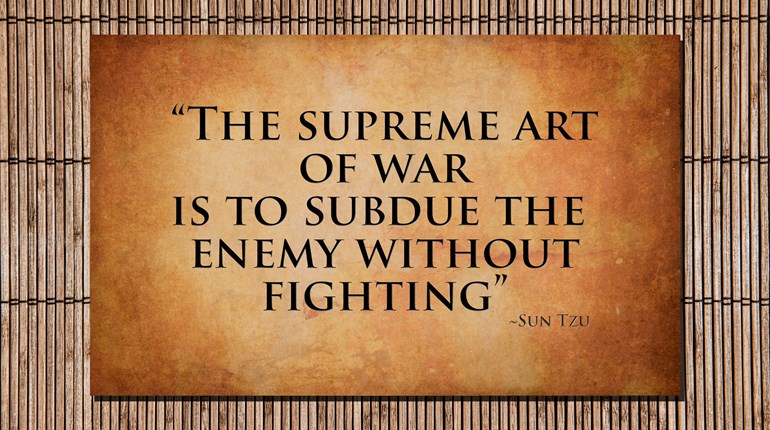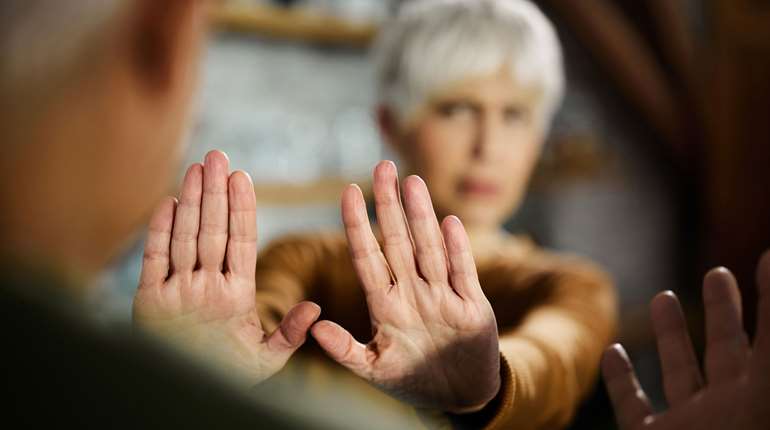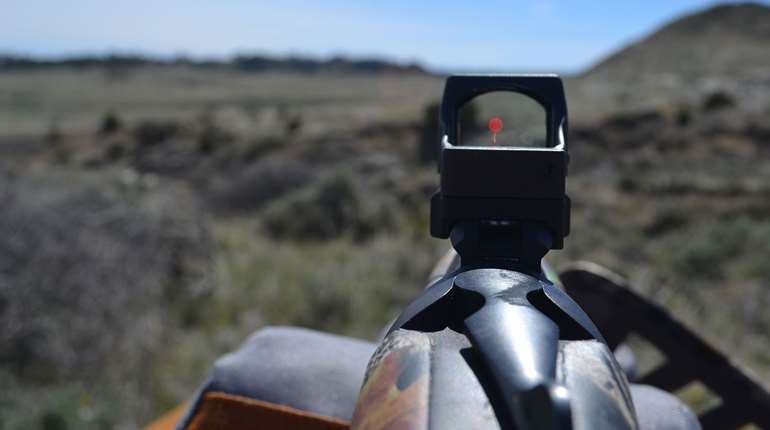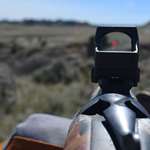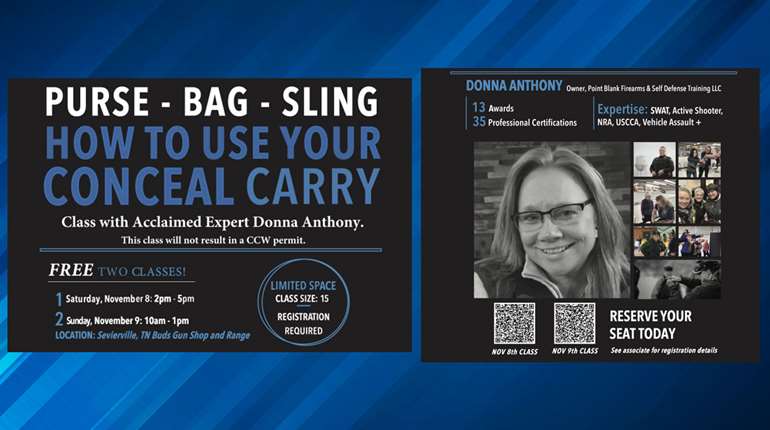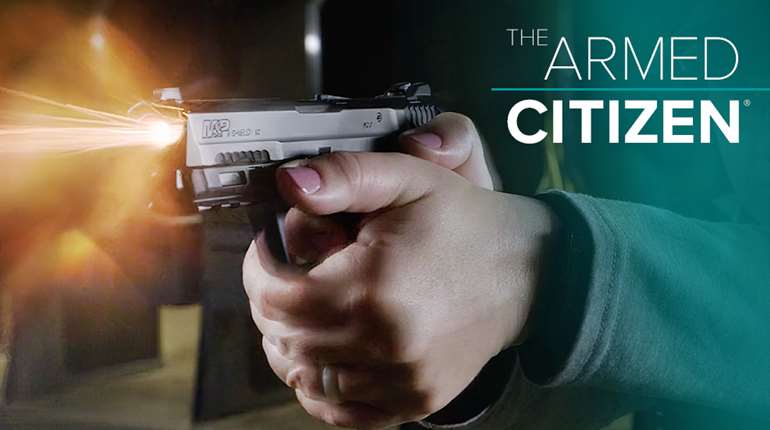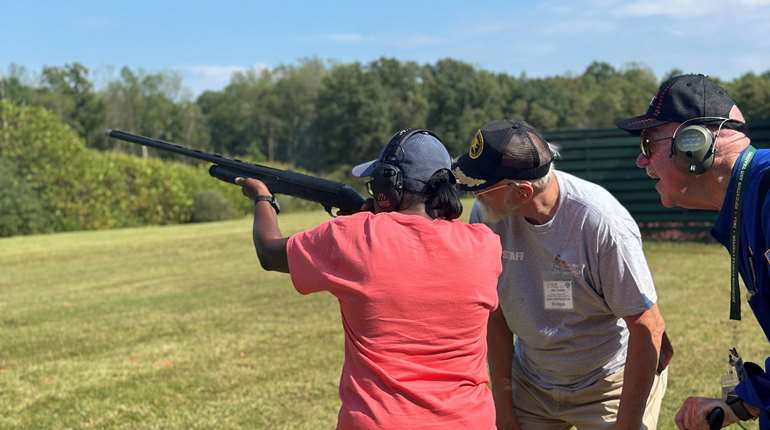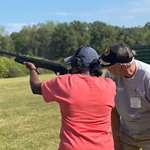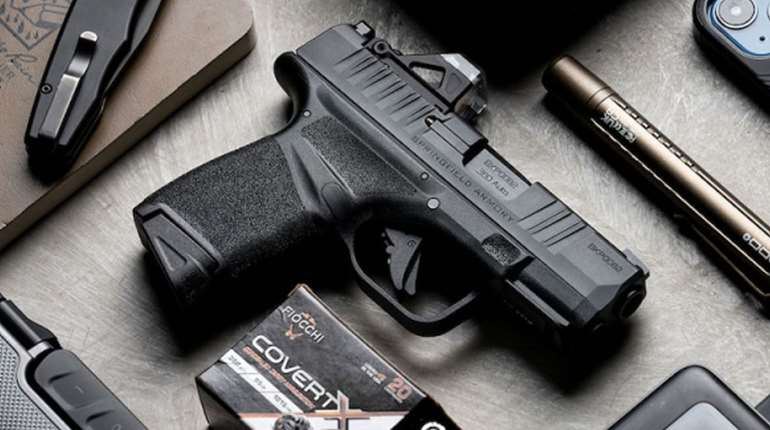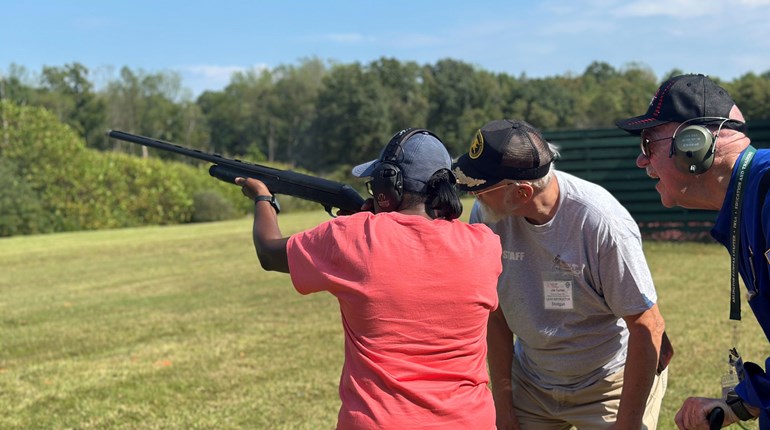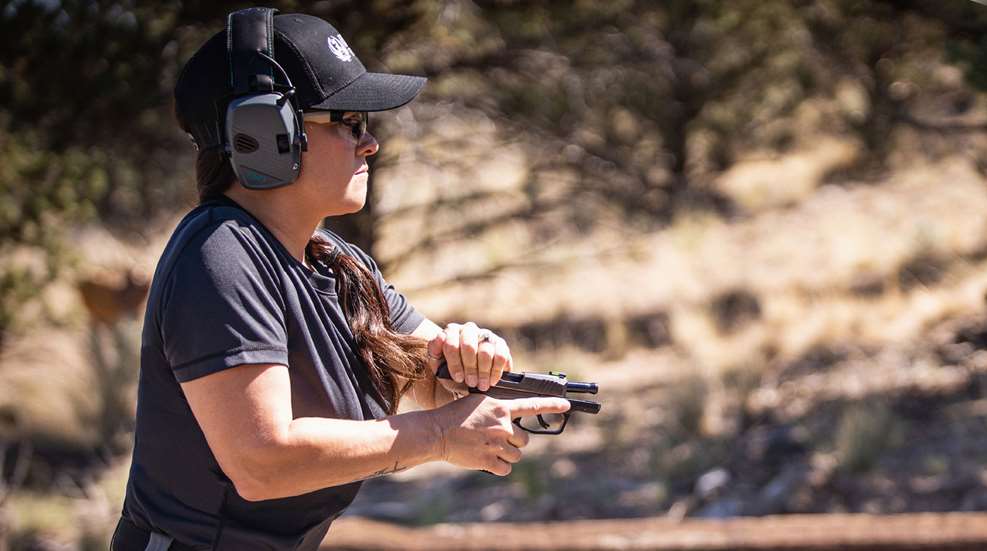
Funny enough, I planned to write this article on a Saturday afternoon, but first, I sat down to watch College Gameday on ESPN. During the broadcast, former college football coach Nick Saban told a story about a colleague who had, early in his career, taught him a lot about “the importance of process over results.” And that just goes to show that although we’ll be applying this principle to shooting and range training, it really applies to any sport or maybe any skill that you’re trying to get better at.

It's more important to focus on doing everything correctly, the way you intended to do it, than it is to hit a bullseye or break a clay target. Think about it: You can’t control what that bullet or that shot does when it leaves your gun. The only thing you can control is what you do before and during the shot. Focusing your energy on things you can’t control is a waste of time and effort, so pay attention to your process, your form and everything else you’re doing. If you do it all correctly, you’ll hit your target anyway, barring an outside influence (like an equipment problem, a gust of wind, etc.)
What’s your process? You should have one when you’re training and shooting, and it starts long before the shot. Let’s say you’re trying to shoot smaller groups with your handgun at 10 yards. You make lots of moves before the shot:
- Assuming a proper stance
- Picking up or drawing the gun
- Loading the gun or running the slide if it’s not already ready to shoot
- Acquiring a proper grip and hand placement
- Flicking the safety off, if there is one
- Bringing the gun up to a proper firing position
- Maintaining proper tension, but not too much
- Placing just the right amount of finger on the trigger so you don’t snatch the shot right or left
- Finding the right sight picture
And that’s all before the shot. Then when your sights are on target and you’re ready to shoot, there’s more to remember:
- Focus on the front sight, not the target
- Execute a compressed trigger press (not too long, but not jerked, either)
- Manage the recoil with the proper grip and tension
- Reset the trigger
- Follow through by reacquiring the sight picture
I’m sure there are details I’ve forgotten to mention there, but you’ll notice that “look at the target to see where the shot went” is very intentionally not on the list—because where exactly in that process do you plan to do it without screwing something up? Moreover, it doesn’t matter anyway, because if you did every step in the process correctly, you will have hit the target. But you must care more about how well you performed your process than you do about how small your group is, because your process is the part you can control.
Now, yes, the size of your groups is important feedback that will help you figure out what parts of your process need work. I’m not saying you should never look at your targets or pay attention to where you’re hitting—I’m simply saying that you should care more about “did I do everything right” than you care about “did I hit it?”
This applies to all sorts of sports applications. When you’re trying to swing a baseball bat or a golf club or tackle a lineman, you have to learn the fundamentals of how it’s done. You’re not going to hit line drives or connect with the ball every time, but your coach is teaching you the proper form and function. Accuracy, power and distance will naturally follow as you learn to do the process correctly. After all, you can’t control what happens after you do your part. The wind can carry your golf ball off-course. That guy you tackled can make his countermove and throw you for a loop. You simply do your thing to the very best of your ability and let whatever’s going to happen, happen.
World Skeet Champion turned instructor John Shima calls this “emotional freedom,” teaching his students that when you care about doing things right more than you care about breaking a target, your fear of missing dissipates, because if you did everything right, you can hold your head high and not sweat the misses. “I would rather center my shots on 24 targets and miss one due to a lapse in concentration than chip and hack 25 targets to complete a straight,” he writes, “because I get more pleasure out of shooting well than I get from scoring well. That feeling of shooting well lingers, whereas the 25 straight is irrelevant to me and is soon forgotten.”
Fellow World Skeet Champion and instructor Todd Bender agrees with the principle, and warns that when you focus on the outcome more than you focus on the process, you end up trying too hard and screwing everything up. “The single greatest reason that good shooters do not perform well is over-trying, putting too much effort into the action,” he writes in an article. “Being outcome-oriented creates over-trying. When process is primary, over-trying is defeated because anxiety over the outcome is released.
“It is more important for you to run your program or mental system, and do your process correctly, than it is to hit the target,” he continued. “This shift in focus insulates us from outside influences. Now the environment, tournament pressures, and all external factors fade into the background. Execution is the reason to exist, not the scoreboard.”
This focus on the process rather than the outcome is vital when you’re learning and perfecting a skill like shooting, but it doesn’t fade away when you “make it.” Both Shima and Bender reached the top of their game and are still among the best in the world at what they do, and both emphasize that they still are both happy and satisfied when they execute a perfect shot—whether the target breaks or not. After all, they can’t control the target; they can only control themselves.
You will always need to pay attention to your outcomes—whether you’re hitting the bullseye or breaking the clay target or nailing the speed you’re going for. If you’re not, consistently, the answer as to why lies somewhere in your process. And that’s good news, because you are in total control of your process! So while you aren’t ignoring your results, you’re not placing your sense of self-worth or progress in what the target shows. Rather, you should place more emphasis, focus and attention on whether you’re doing everything you intended to do exactly the way you intended to do it. Process, not results.
